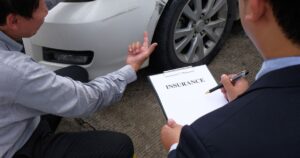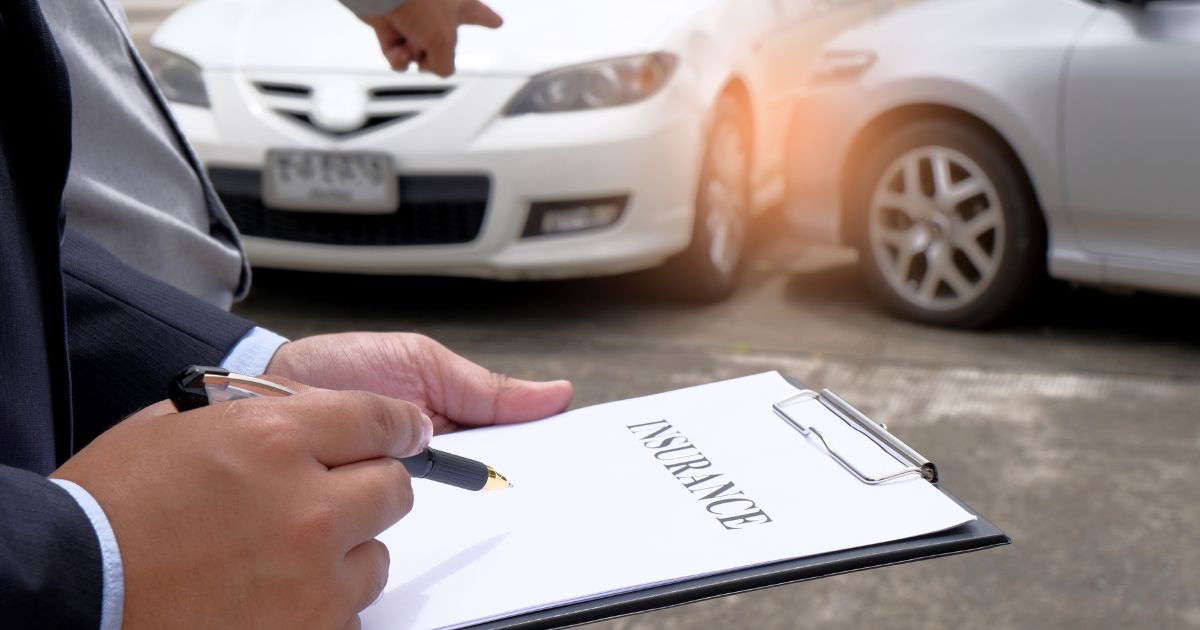Navigating the aftermath of a car accident is a challenging experience, and when it comes to insurance claims, the frustration can intensify if your assigned adjuster becomes unresponsive. In this blog post, we’ll delve into the common challenges faced by victims, the reasons behind insurance adjuster silence, and effective steps to address this issue.
Why Your Adjuster Might Not Return Your Calls:

Insurance Company Profit Motive:
At the core of insurance companies is the pursuit of profit, often at odds with the best interests of the injured party. Adjusters may deliberately delay or undervalue claims to maximize the company’s financial gains.
Driving Down Claim Value:
Adjusters leverage the desperation of claimants by prolonging the claims process. Understanding that prolonged delays increase pressure on victims, adjusters anticipate a higher likelihood of them accepting lower settlements.
Insurance Company Liability:
Adjusters might not feel compelled to return calls as they operate within legal bounds. The burden is placed on the claimant to either accept an offered settlement or pursue legal action.
Steps to Take When Facing an Unresponsive Adjuster:

Utilize Full Coverage Insurance:
- If you possess full coverage insurance for your vehicle, consider utilizing it to cover damages. Your insurance provider may refund the deductible from the at-fault driver’s insurer, offering a swifter resolution.
Persistently Contact the Other Insurance Company:
- In the absence of full coverage, consistently reach out to the at-fault driver’s insurance company to prioritize your claim. Requesting intervention from a supervisor may expedite the process.
Consult with a Personal Injury Attorney:
- Seeking legal counsel is paramount if the adjuster remains unresponsive. A seasoned attorney can adeptly negotiate on your behalf, ensuring fair compensation or pursuing legal action if required.
Obtaining Proof of Document Submission:
Maintain meticulous records of all documents submitted, especially medical records. This documentation serves as critical evidence in potential legal proceedings.
Sending a Certified Letter:
- Establish a formal paper trail by sending a certified letter to the insurance company with a return receipt requested. This methodical communication acts as tangible evidence of your attempts to engage with the adjuster.
Handling Frustration and Anger:
- Maintaining composure and focus is crucial in dealings with insurance companies and adjusters. Reacting out of frustration may jeopardize your claim and any potential legal recourse.
Read Also:
How Much is Liability Insurance for a Small Business?
FAQs:
Can I use my full coverage insurance to expedite the process?
Yes, utilizing your own insurance can lead to a faster resolution, and the deductible can be refunded by the at-fault driver’s insurer.
What should I do if the adjuster continues to ignore my calls?
Seek consultation with a personal injury attorney to navigate the situation, negotiate on your behalf, and explore legal options.
Is sending a certified letter necessary?
While not mandatory, sending a certified letter establishes a documented history of your attempts to contact the insurance company, bolstering your case in potential legal proceedings.
Conclusion:
Facing an unresponsive insurance adjuster is undeniably challenging. However, by taking proactive steps and seeking legal guidance, you can enhance the likelihood of a fair resolution. Maintain a calm and focused approach throughout the process to safeguard your interests.



